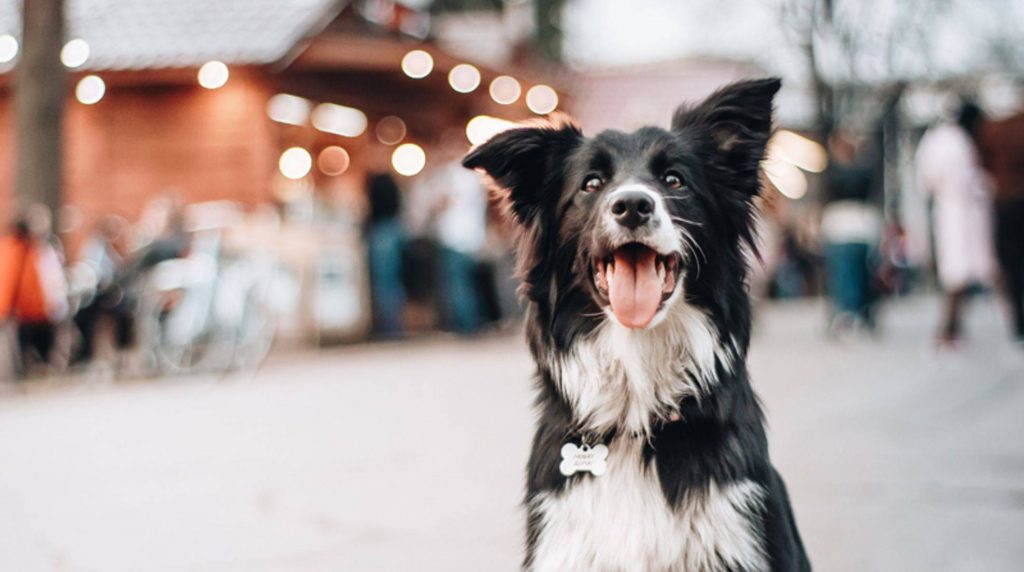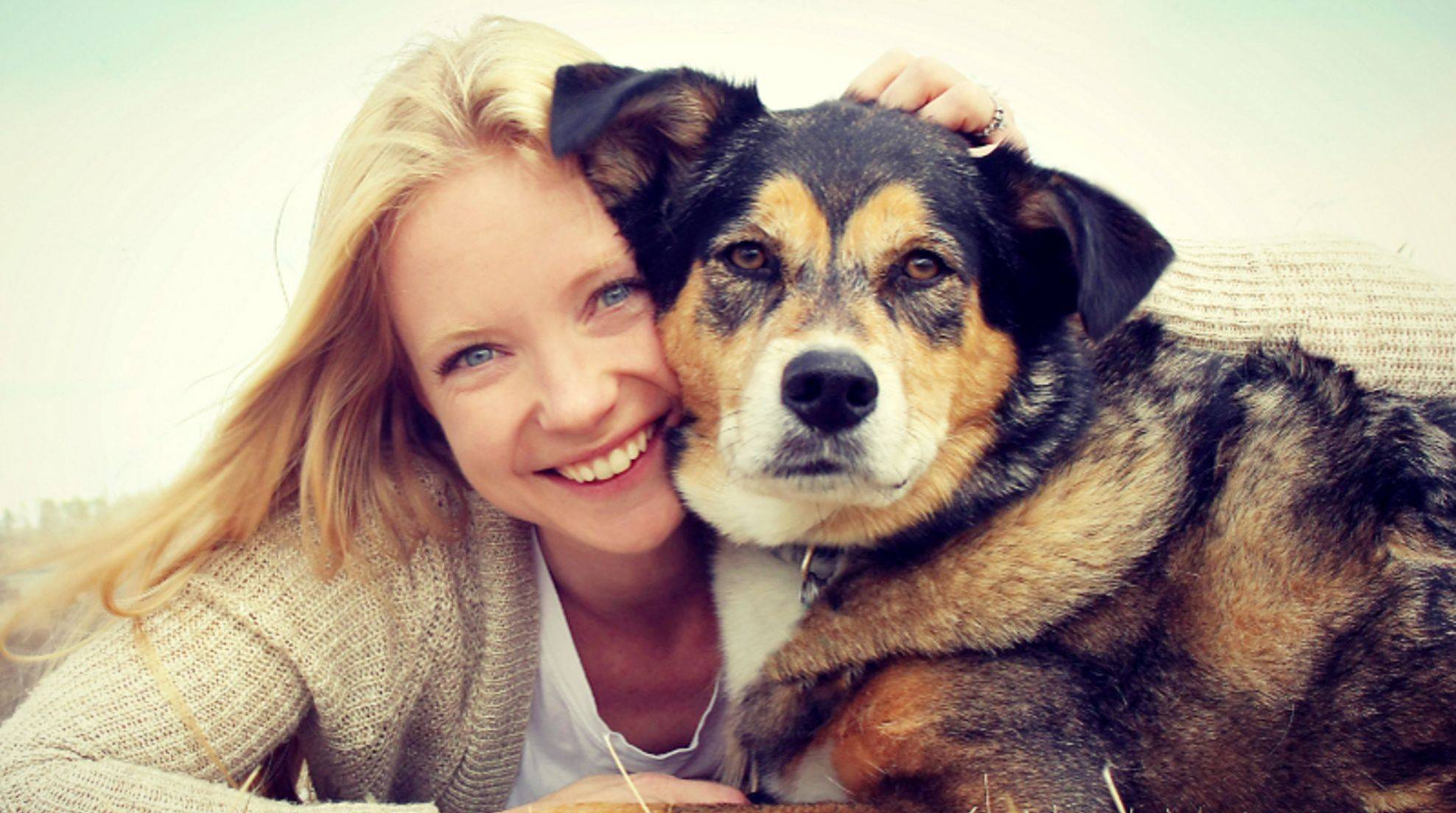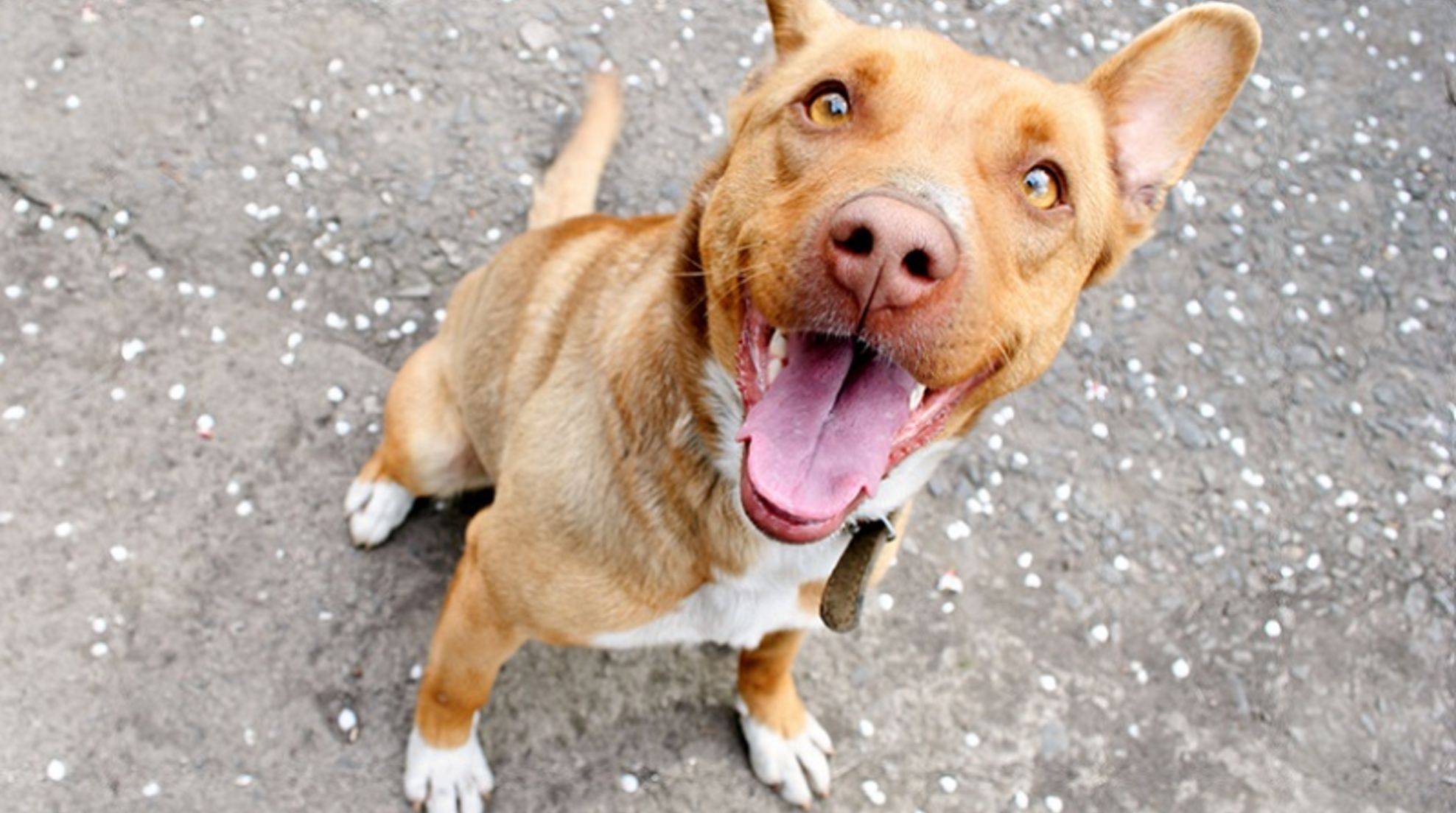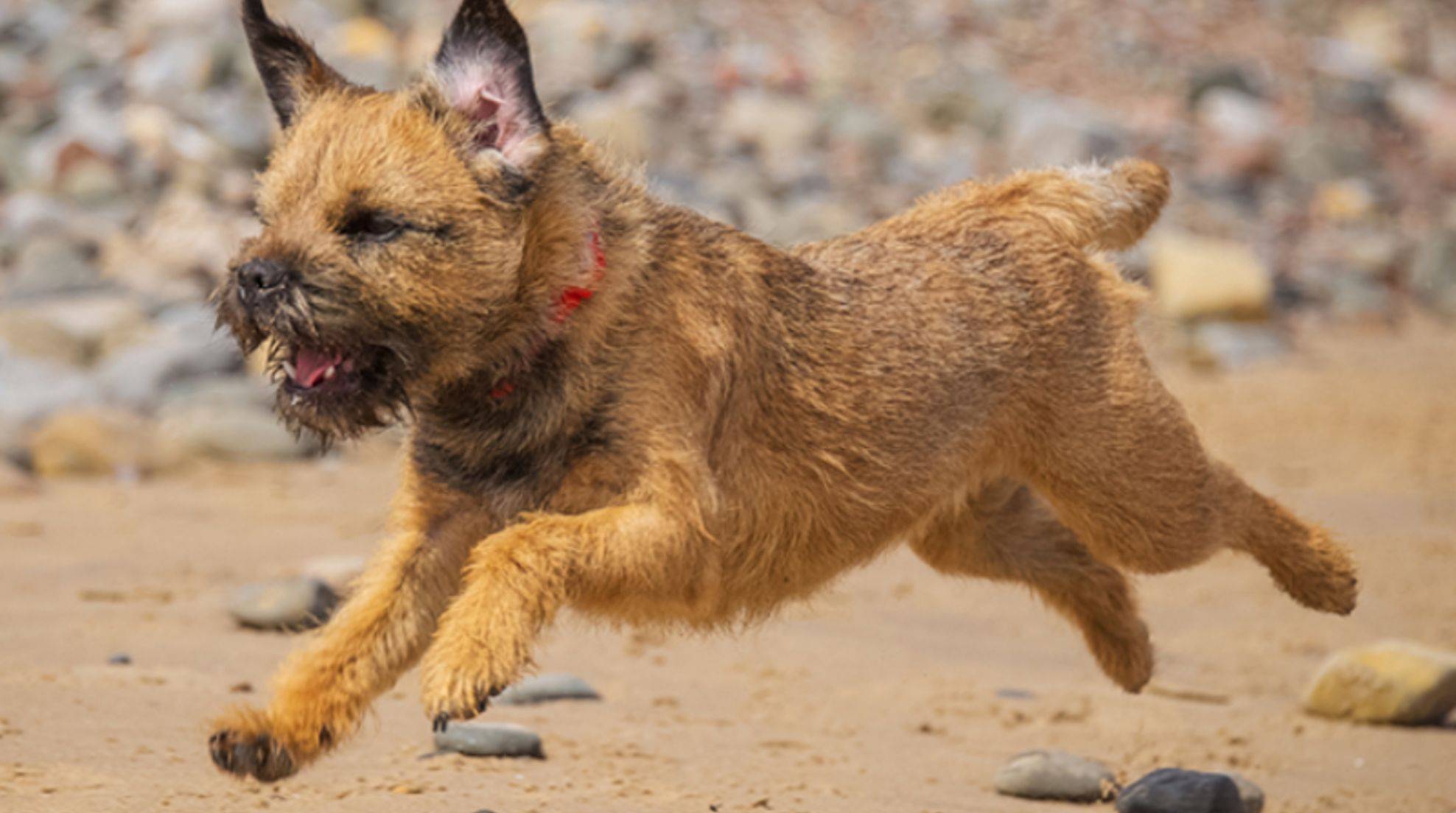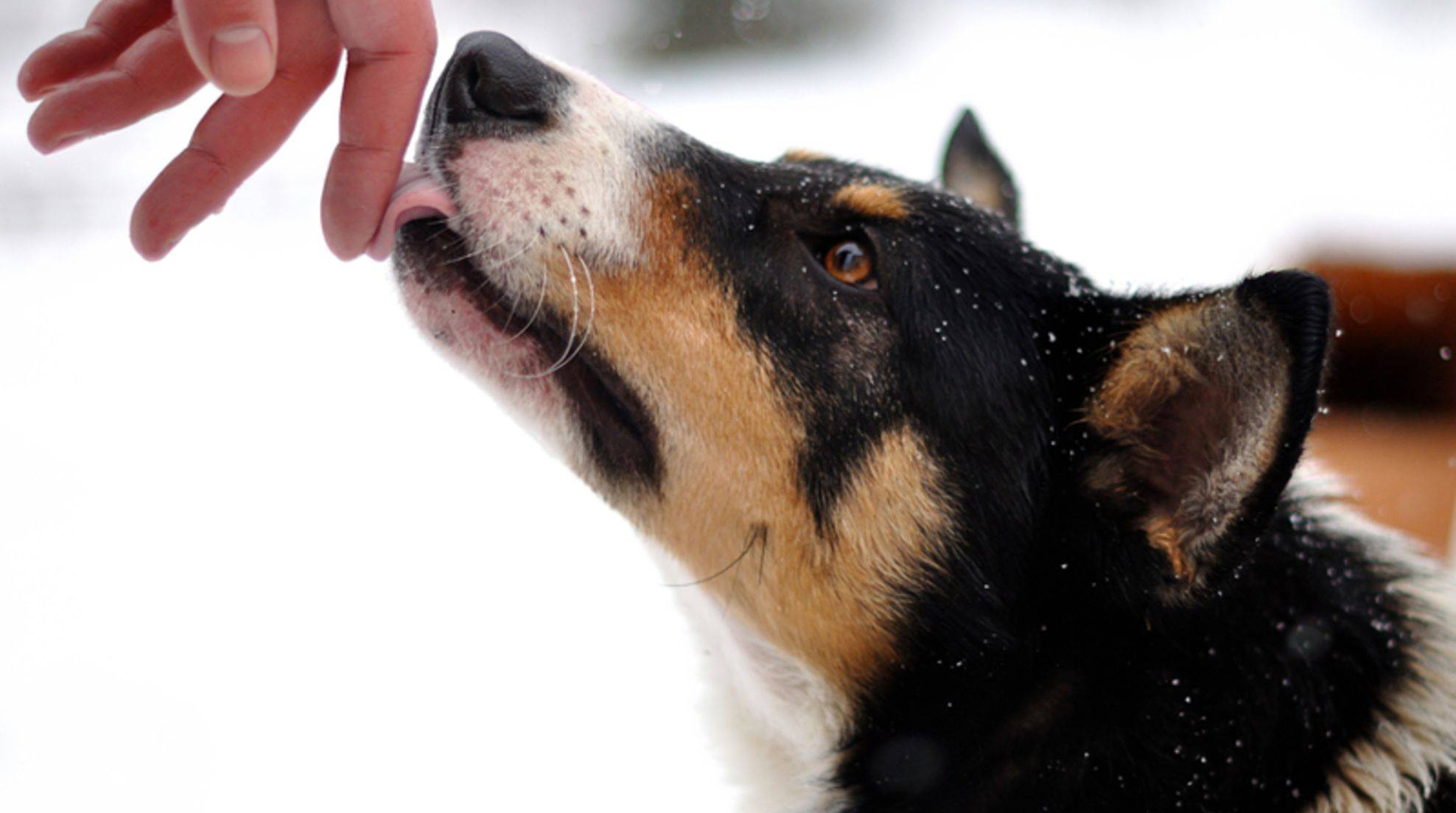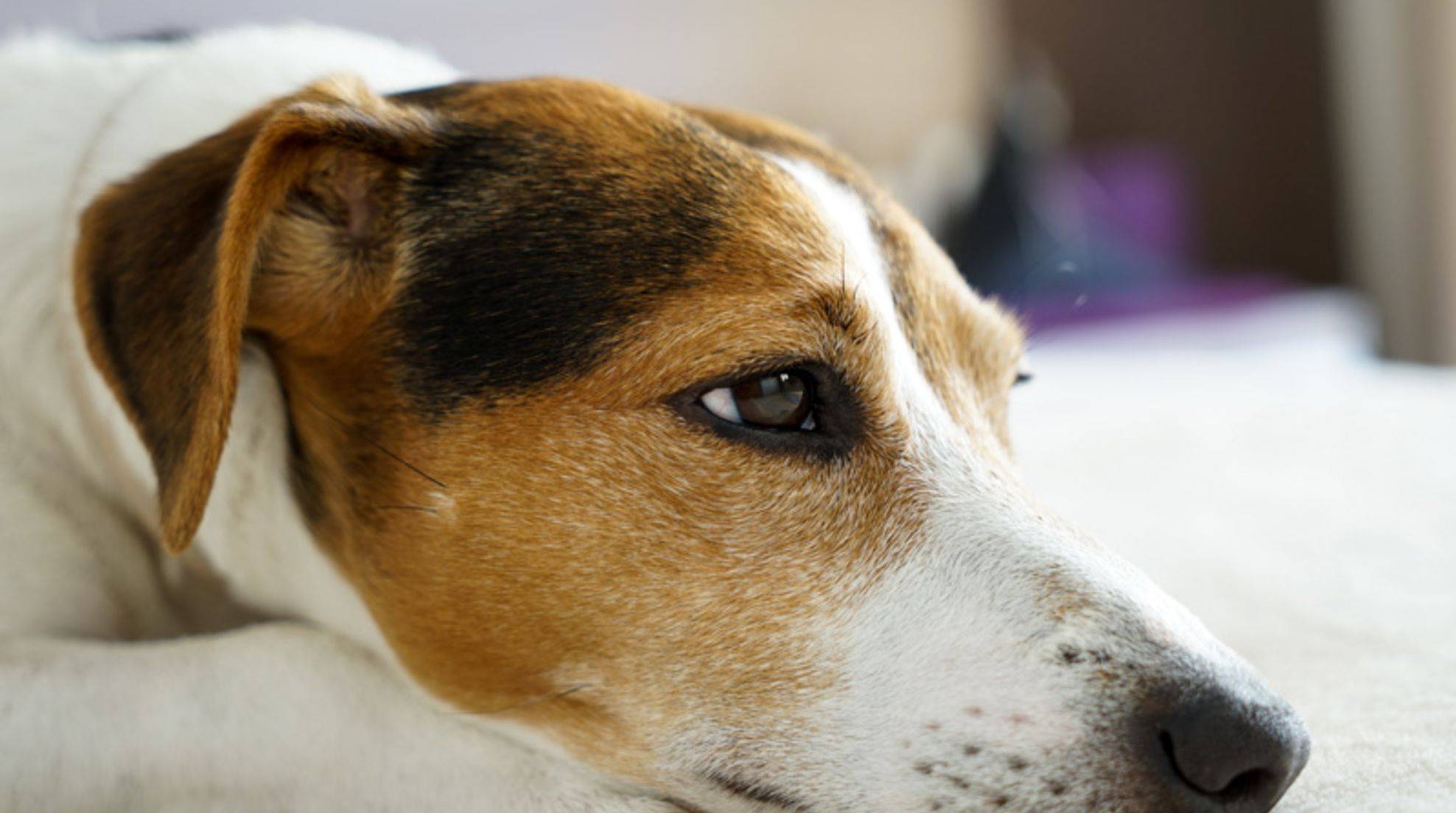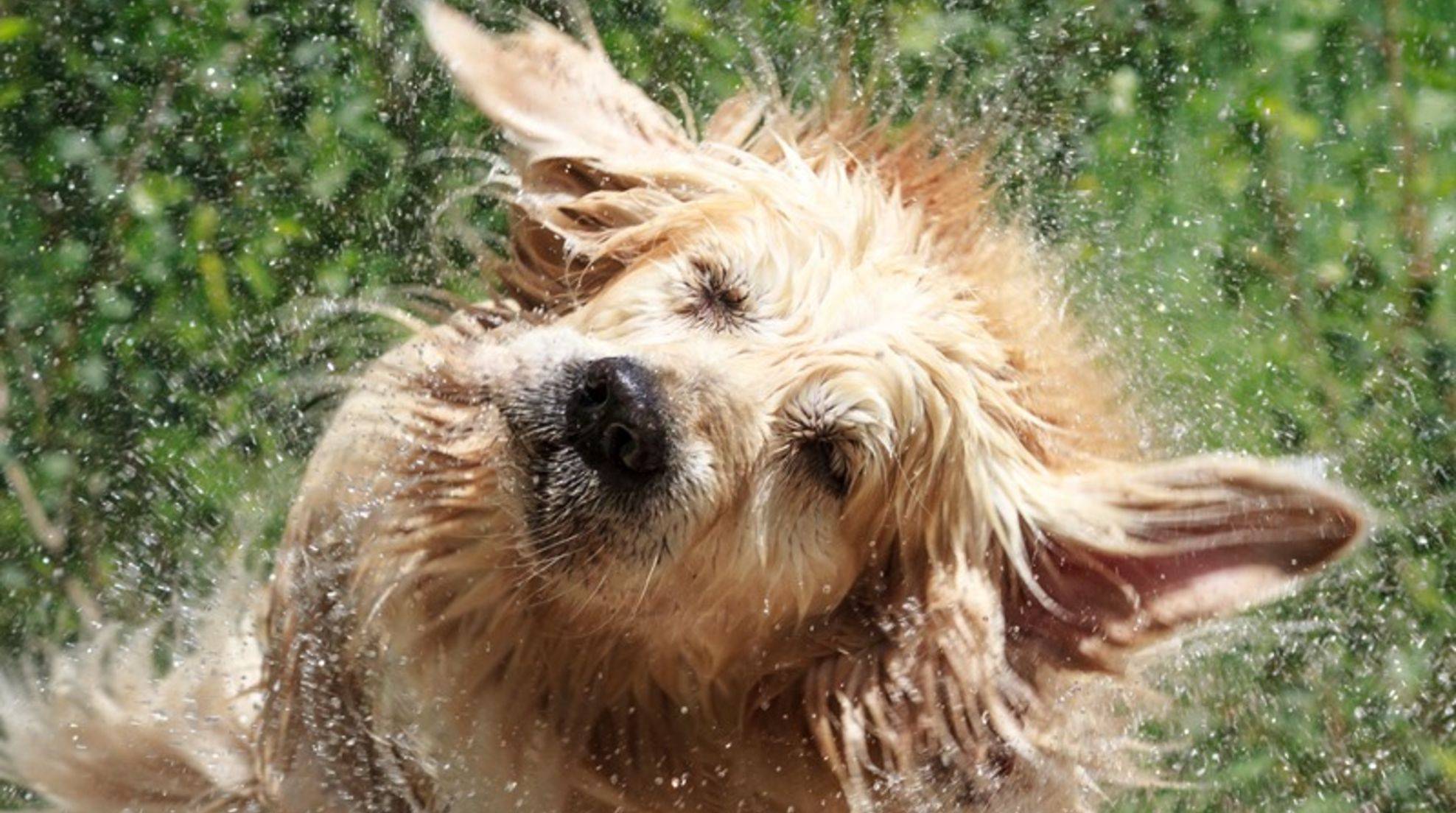With the dog to the Christmas market – a good idea?
Meanwhile, when mulled wine, bratwurst, and almonds attract numerous visitors to the Christmas market, dog owners are faced year after year with the question of whether or not to take their pet along. Opinions on the controversial topic couldn’t be further apart.
Wintertime is Christmas market time. For dog owners, then a dilemma opens up. On the one hand, they are reluctant to leave their four-legged friend at home; on the other hand, such a Christmas market is not entirely safe for a dog. Therefore, ask yourself in advance whether you are doing your pet a favor with the visit.
Christmas market: The stress factor for dogs is large
Dudelnde music, flashing lights, and crowds, as far as eyes and ears reach: Already for some humans, a Christmas market can be stressful; for dogs, attendance is usually around a multiple more strenuous. There are several reasons for this.
A Christmas market can mean pure stress for a dog. Think of the noise, the crowds, the narrowness, and the accompanying jostling. Not to mention the numerous, varied smells, which the animal perceives much more intensively than we humans.
In addition, a visit to the Christmas market carries the risk of people stepping on the dog’s paws or accidentally spilling hot mulled wine on him. Another risk is possible broken glass on the floor and leftover food that your dog should not eat – for example, chocolate. In the worst case, this can even be fatal for four-legged friends.
Is a Christmas market visit with a dog impossible?
If your dog is somewhat timid, you should avoid Christmas markets to avoid exposing your four-legged friend to unnecessary stress. On the other hand, if you have a fur nose that has experience with events and larger crowds, then these are already better conditions for a Christmas market visit. Nevertheless, there are a few things you should keep in mind.
For example, the right time is crucial for your pet’s well-being. You should avoid peak times when visiting the Christmas market with your dog to reduce risks. Evenings are known to be busier than lunchtime. During the week it is emptier than on the weekends.
Also, I prefer smaller Christmas markets to larger ones when you’re with your dog. Always keep an eye on your four-legged friend and keep him on a leash. Smaller breeds such as Chihuahuas can be carried in your arms or a dog bag.
In addition, make sure that your dog does not eat anything from the ground at the Christmas market. Waste such as chips or other food scraps can be unhealthy for your pet. Ideally, therefore, feed it just before the visit. Then the temptation for food lying on the ground is not quite so great.
Dog Christmas markets – a great alternative
An excellent alternative to traditional Christmas markets, which are relatively unsuitable for animals, is dog Christmas markets. These exist in many German cities and are designed especially for dogs and their owners. Everything revolves around the four-legged friends with animal stalls and animal offers. Their well-being is paramount. And that is – no question – just a great thing!

